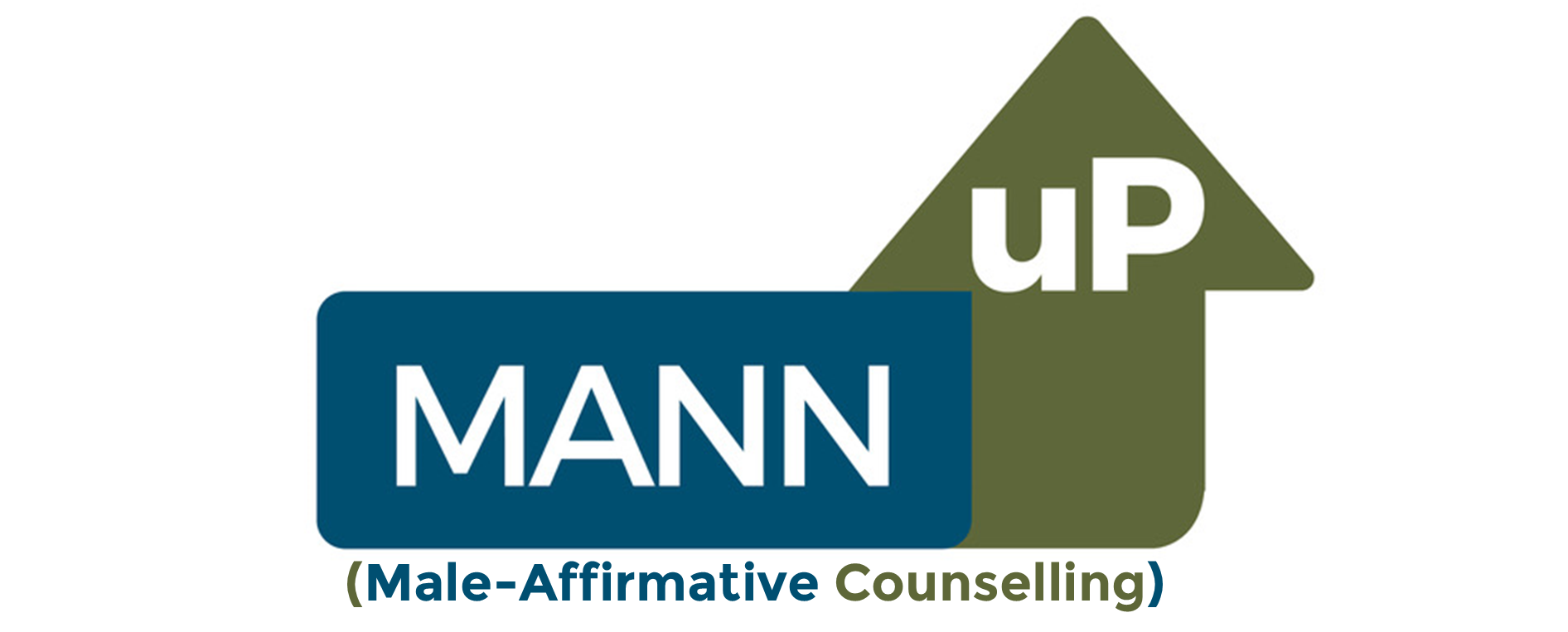Introducing Mark
 I am from the South Wales valleys and a father and husband to my wife Michelle and son Ethan.
I am from the South Wales valleys and a father and husband to my wife Michelle and son Ethan.
I changed my life 20 years ago after going through depression, to work in the youth and mental health sector. It changed my life for the better, and Michelle changed her career to do the same as me 12 years ago.
I have founded International Fathers Mental Health Day, and I am a published author, campaigner, and trainer.
I have spoken on television and radio stations around the world, and believe in post- traumatic growth. When people have come out of the darkness, they can have more purpose in their lives by helping others.
My passion is to help all parents with their mental health which has far better outcomes for the whole family and the developing baby.
Mark’s Story – Male Postnatal Depression
I was never officially diagnosed with postnatal depression, but yes I was suicidal four months after my boy was born. My personality changed after his birth. I was using alcohol while feeling angry and avoiding situations and I felt alone.
I suffered in silence, I didn’t tell anyone, not even my wife Michelle. I didn’t want my problems to impact on her mental health.
My body couldn’t cope and five years later I had a breakdown. I was diagnosed with entered community mental health services and diagnosed with Attention Deficit Hyperactivity Disorder at the age of 40, plus anxiety and depression.
Whether it’s sleep deprivation, money worries, new responsibilities, or the relationship dynamic shifting, dads also have a lot to take on board. This is a huge life change for both parents. Many parents have diagnosed and undiagnosed disorders before becoming parents.
The number of men who become depressed in the first year after becoming a dad is double that of the general population. Twenty-five percent of dads experience mild depressive symptoms and around 10% to 12% have a diagnosis of depression.
New research is saying in Canada up to 22% of new fathers can suffer anxiety and depression. All the thoughts and feelings that mothers have with postnatal depression of course Dads can have as well, struggling to bond with their baby, and feeling their life has changed, causing loneliness and isolation too.
Also, remember witnessing a traumatic event like in the labour ward can affect fathers as well, causing symptoms of post-traumatic stress disorder.
The peak time for postnatal depression in men is three to six months after birth.
As with postnatal depression in mums, it often goes undiagnosed. The symptoms can look a lot like the everyday stresses of having a newborn.
Hormones including testosterone, oestrogen, cortisol, vasopressin, and prolactin may change in dads during the period after their babies arrive.
Symptoms can include:
- Fear, confusion, helplessness, and uncertainty about the future.
- Withdrawal from family life, work, and social situations.
- Frustration, irritability, cynicism, and anger.
- Marital conflict.
- Partner violence.
- Negative parenting behaviours.
- Alcohol and drug misuse.
- Physical symptoms such like indigestion, changes in appetite and weight, headaches, toothaches, and nausea.
Postnatal depression in dads can affect their relationship with the baby’s mother. It can also affect the relationship they have with their child. They may play and engage less with their children and talk more negatively about and to them. They may sing and read less to their children and may discipline them more harshly.
Of course, your GP should be the first person you speak to, but speak to them as soon as you can. Your GP can arrange for you to speak to a team member who works in mental health.
Also, it may be worth looking at what support is in your local area. Just don’t suffer in silence, as the quicker the help, the quicker the recovery. Talk to someone, which I wish looking back I had done earlier.
